5-year ban on larger hog farms in Arkansas area
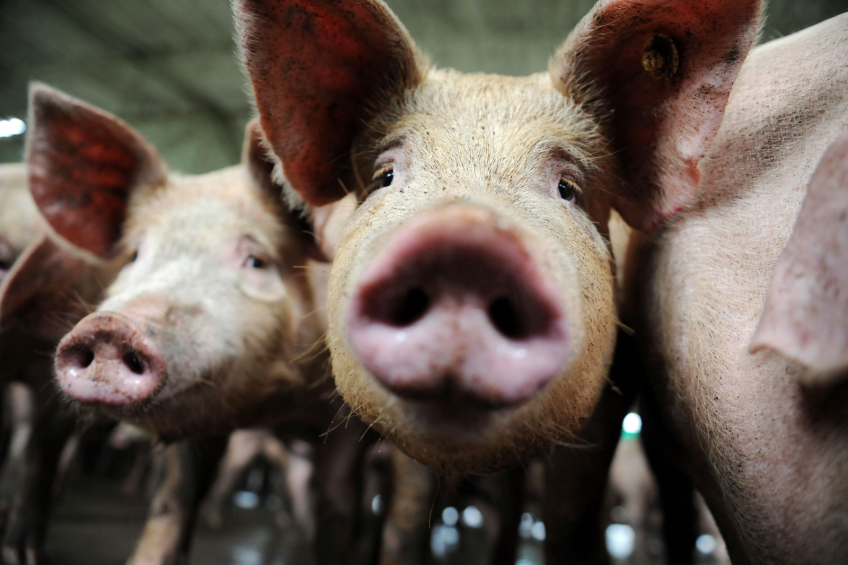
Tighter environmental regulations are increasingly putting a stop on expansion of the US swine industry, as an example from Arkansas showed late last week.
The Arkansas Pollution Control and Ecology Commission approved a temporary 5-year ban on new medium and large hog farms in the Buffalo River Watershed.
No farm can have more than 3,000 swine
The 5-year ban is a compromise among environmentalists, the Arkansas governor and state lawmakers. Banning medium-sized and large pig farms in practice means that no new facility can have more than 750 swine weighing of 25 kg (55 lbs), or more than 3,000 swine less than 25 kg.
Environmentalists supported a permanent ban, contending the farms would harm the watershed of the Buffalo National River, a popular US tourist location.
C&H Hog farm
It does not affect an operation by C&H Hog Farm, near Mt Judy in Newton County situated on Big Creek, a tributary to the Buffalo River – which counts 6,500 swine. Nevertheless, that facility was the inspiration for the environmentalist efforts. C&H received a permit from the Department of Environmental Quality in 2012 and opened in 2013. The animals belong to Cargill, who is said to be the sole customer for C&H.
One of the reasons there is quite substantial opposition to more swine farms is the common use of larger swine operations to flush sewage from the barns into on-site lagoons. The untreated sewage is sprayed onto nearby farm fields as fertiliser.
Small swine farms have existed in the watershed for years, but C&H is the first large-scale facility, permitted to hold up to 2,500 sows and 4,000 piglets at a time.
The issue has been a source of controversy for quite some while in the Buffalo River Watershed.
 Beheer
Beheer

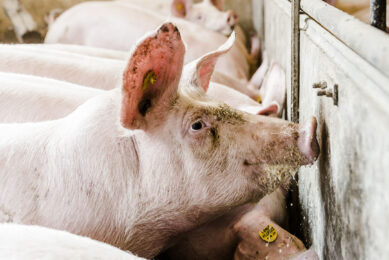
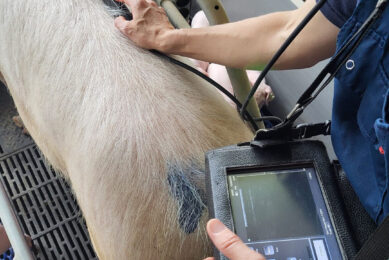
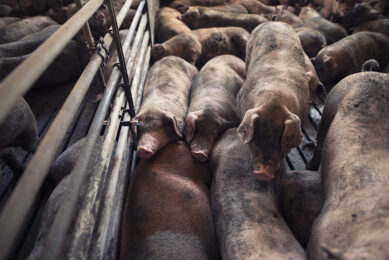
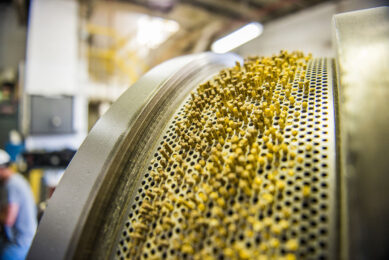



 WP Admin
WP Admin  Bewerk bericht
Bewerk bericht